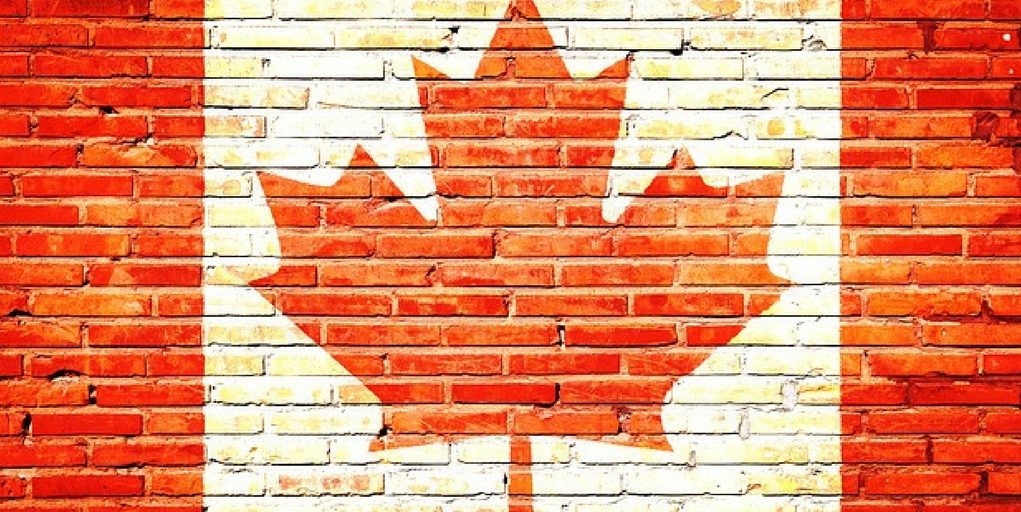As the number of vape-related lung disease cases in the US has reached 805, some health entities, including the Canadian Pediatric Society, are urging the government to set in place a vaping ban. Public health professor at the University of Waterloo, David Hammond, is arguing that such a measure would only create a larger black market for the products, which is what is causing the lung disease outbreak in the first place.
“We can’t wish them away… to the extent that we have many, many Canadians using these products, I don’t think pushing those folks outside the legal market makes sense,” said Hammond. He added that setting in place stricter regulations may be a better strategy. “But, there is a lot to be done in terms of how easy it is to access these products.”
The rise of vape bans
San Francisco’s chief economist had confirmed that an e-cig ban would only lead to increased smoking rates, as vapers would just switch back to smoking combustible cigarettes.
Meanwhile, amidst the ongoing panic surrounding the alleged teen vaping epidemic, last month, Michigan became the first US state to ban flavored vaping products. Similarly, the Trump administration seems to be considering such a ban nationwide.
“The Trump Administration is making it clear that we intend to clear the market of flavored e-cigarettes to reverse the deeply concerning epidemic of youth e-cigarette use that is impacting children, families, schools and communities,” Health and Human Services Secretary Alex Azar said in a statement. “We will not stand idly by as these products become an on-ramp to combustible cigarettes or nicotine addiction for a generation of youth.”
Additionally, last June, San Francisco’s supervisors approved a total e-cig ban in a unanimous preliminary vote. There are a few months left before the ban comes into effect and there is at least one attempt to overturn it underway. However if things remain unchanged, the total e-cigarette ban will go into full effect in January next year.
The need for more sensible measures
In response to this, the city’s chief economist had confirmed that this ban would only lead to increased smoking rates, as vapers would just switch back to smoking combustible cigarettes.
Back in Canada, Hammond is pointing out that rather than implementing such drastic measures, local authorities should start from the basics. “[Canada] hasn’t actually implemented really basic important aspects of things like telling consumers these might be harmful, in terms of health warnings,” he said. “That’s a problem.”
Read Further: CBC








